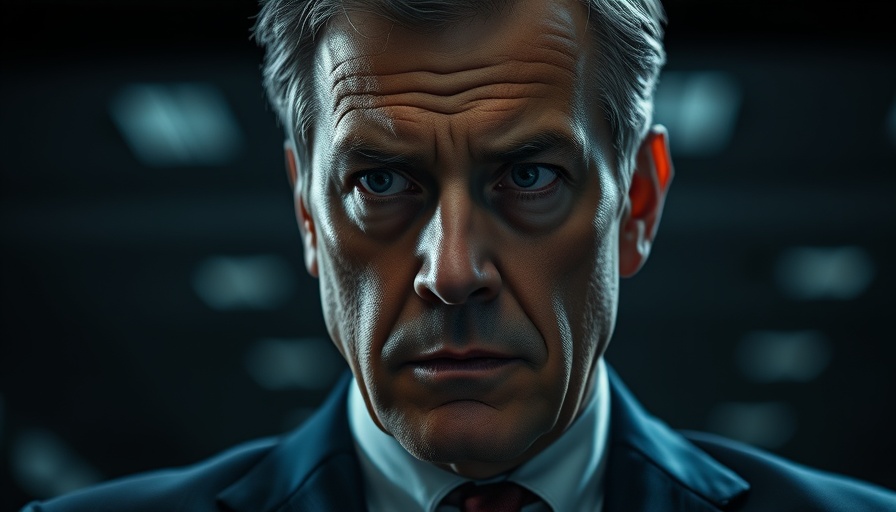
The Legal Showdown: What’s at Stake in Musk's xAI Case
Elon Musk’s xAI has surged into a legal fray with significant implications for the artificial intelligence (AI) landscape. The case revolves around allegations against former employee Xuechen Li, accused of stealing trade secrets while transitioning to a rival firm, OpenAI. This drama not only highlights individual actions but also reflects broader industry trends where the stakes of innovation and intellectual property rights are at an all-time high.
Understanding the Allegations: Theft or Innovation?
Li’s alleged actions include downloading sensitive information related to Grok, xAI’s chatbot project, purportedly designed to outpace offerings like ChatGPT from OpenAI. With the AI sector becoming increasingly competitive, Musk’s lawsuit raises questions: how can companies protect their innovations while attracting top talent?
The Inevitable Legal Implications in the Tech Industry
The legal sphere is rife with implications for firms involved, particularly in the rapidly changing field of AI. xAI's claims against Li underscore the challenges companies face in safeguarding their proprietary developments. The competitive edge derived from AI innovations is not just critical for company success but important for maintaining market stability.
Talent Wars: The Language of Industry Rivalries
The rise of AI innovation has fostered a fierce rivalry for talent among tech giants. Musk’s aggressive stance towards defending xAI's intellectual property speaks volumes about the lengths to which firms will go to secure their advantage. The talent acquisition strategies adopted by companies like xAI and OpenAI reflect a significant focus on retaining cutting-edge thinkers, demonstrating the interconnectedness of innovation and human capital.
The Musk vs. OpenAI Narrative: A Clash of Titans
This legal battle against Li is nuanced by Musk's ongoing tensions with OpenAI—a company he co-founded. His criticisms of their shift away from non-profit ideals add a layer of complexity to the situation. With lawsuits already exchanged, the ramifications of this legal maneuver could echo across the industry, raising concerns about ethical practices and competition.
Future Predictions: Shaping AI's Legal Framework
Experts anticipate that outcomes stemming from Musk's lawsuit may redefine AI development protocols. As the landscape grows increasingly intricate, the case forces companies to rethink strategies for safeguarding innovation while fostering a culture of collaboration essential to drive advancements in AI technologies.
Conclusion: Walking the Tightrope of Innovation and Protection
The unfolding saga between Musk and his former employee highlights the precarious tightrope that innovators must walk. While pushing boundaries and exploring novel technologies, organizations must also defend their intellectual property vigorously. In doing so, they will not only define their future but also set benchmarks for the industry at large.
To navigate this evolving landscape effectively, stakeholders in the technology realm must engage in proactive strategies to protect their innovations while considering collaborative possibilities.
 Add Row
Add Row  Add
Add 




Write A Comment